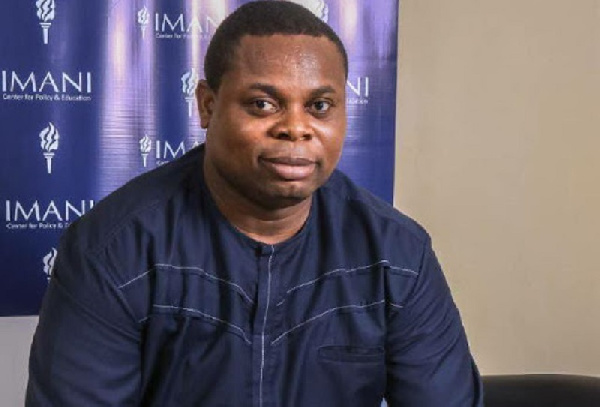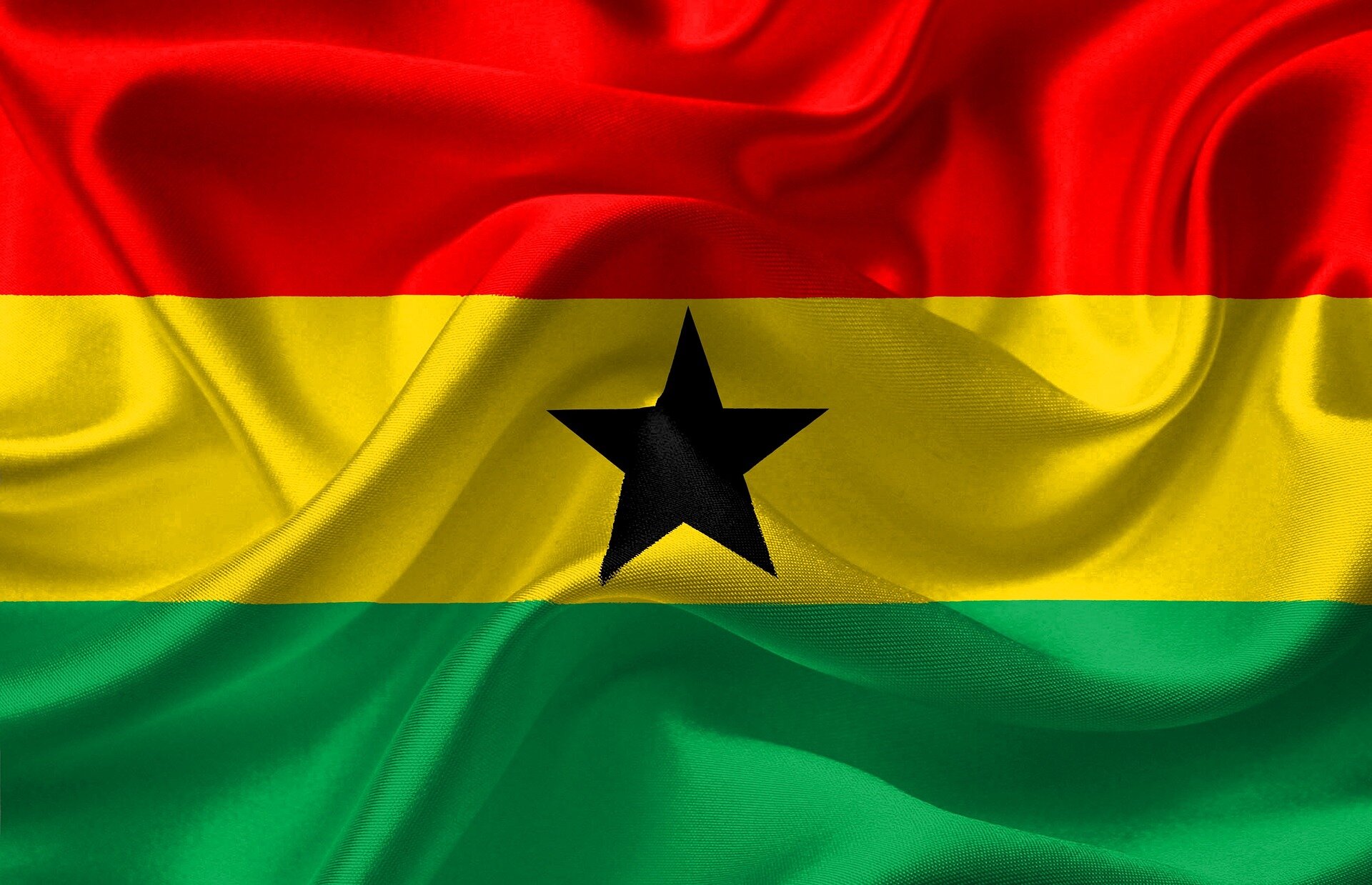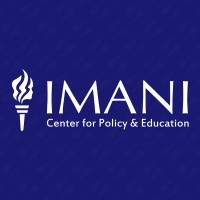With military coups dismantling constitutional rule in Mali, Burkina Faso, and Niger, and neighbouring civilian regimes in Côte d’Ivoire and Togo manipulating legal systems to entrench incumbents, the threat to Ghana’s democratic resilience has never been more immediate.
This caution came from a detailed reflection published by IMANI Africa, titled Democracy Dominoes: When Neighbours Fall, Who Stands Last? The analysis challenged Ghanaians to reconsider their perceived immunity from the region’s growing wave of democratic backsliding.
“Though Ghana has long stood as a democratic exception in the region, that reputation can not be a shield forever. When leaders begin to treat constitutional mandates as optional, and regional silence greets democratic sabotage, the question no longer becomes whether a democracy can fall – but when, and how”
IMANI Africa
According to IMANI, Ghana’s long-held reputation as a stable democratic beacon in West Africa is under renewed scrutiny, as political tremors from across the region begin to reach its borders.
IMANI’s report drew upon scholarship that paints an unsettling picture of Ghana’s democratic terrain. Mawuloe Koffi Kodah’s research on “democratic illiteracy,” published in the African Journal of Political Science and International Relations, argues that a lack of civic knowledge leaves Ghanaians vulnerable to political disengagement and manipulation.

Victor Adetula of the Nordic Africa Institute similarly highlights growing mistrust in institutions, especially the Electoral Commission, as evidence of waning confidence in the democratic process.
A 2023 essay by Adams Mubarak underscored that elite impunity and corruption persist after three decades of constitutional governance. According to IMANI, such internal fractures “amplify the danger of democratic contagion,” particularly when regional democracies begin to normalize authoritarian practices.
Togo’s April 2024 constitutional overhaul was cited as a prime example of legal manipulation. The amendment, which shifted executive power from the presidency to a newly created “President of the Council of Ministers,” has enabled President Faure Gnassingbé to sidestep term limits.
In response, a wave of youth-led, digitally coordinated protests erupted across the country. The state’s crackdown, including internet blackouts and arrests, “is familiar and deeply instructive,” IMANI noted.
In Côte d’Ivoire, the democratic erosion has been more discreet. Ahead of the 2025 elections, opposition leaders such as Laurent Gbagbo and Tidjane Thiam have been disqualified through institutional rulings.
“With Alassane Ouattara facing virtually no credible opposition, the line between democratic competition and coronation grows thin,” the report stated, referencing coverage by The Africa Report and Al Jazeera.
The analysis pointed to regional complacency as a critical enabler of these declines.
“When regional blocs like ECOWAS respond with ambiguity or soft censure, even well-established democracies can stumble,” IMANI cautioned, citing a 2022 report by the Media Foundation for West Africa that warned about the contagious nature of coups and constitutional abuse.

In Ghana, latent threats are not confined to theory. Research by political scientists “Gyampo, Graham, and Bossman Asare” detail the entrenched nature of political vigilantism.
Meanwhile, Kojo Impraim’s study of electoral violence indicates that “violence and elite manipulation are neither distant threats nor foreign imports – they are deeply embedded in Ghana’s own democratic landscape,” IMANI emphasized.
Frustration among Ghanaian youth is also growing. With high unemployment and limited access to political power, many view democratic participation as futile. “The space for democratic rupture is not hypothetical,” the report stated.
Yet all is not lost. According to IMANI, institutions such as the judiciary, civil society, faith-based groups, and the independent media still serve as vital safeguards.
“What keeps the line from breaking is not inevitability, but vigilance. These institutions require constant renewal – and genuine political will – to maintain legitimacy”
IMANI Africa
As Ghana observes its neighbours circumvent term limits and criminalize dissent, IMANI poses a final challenge: “Will it be the firewall that holds, or the final tile to fall?”
READ MORE: Oil Prices Surge as Israel-Iran Tensions Reignite



















